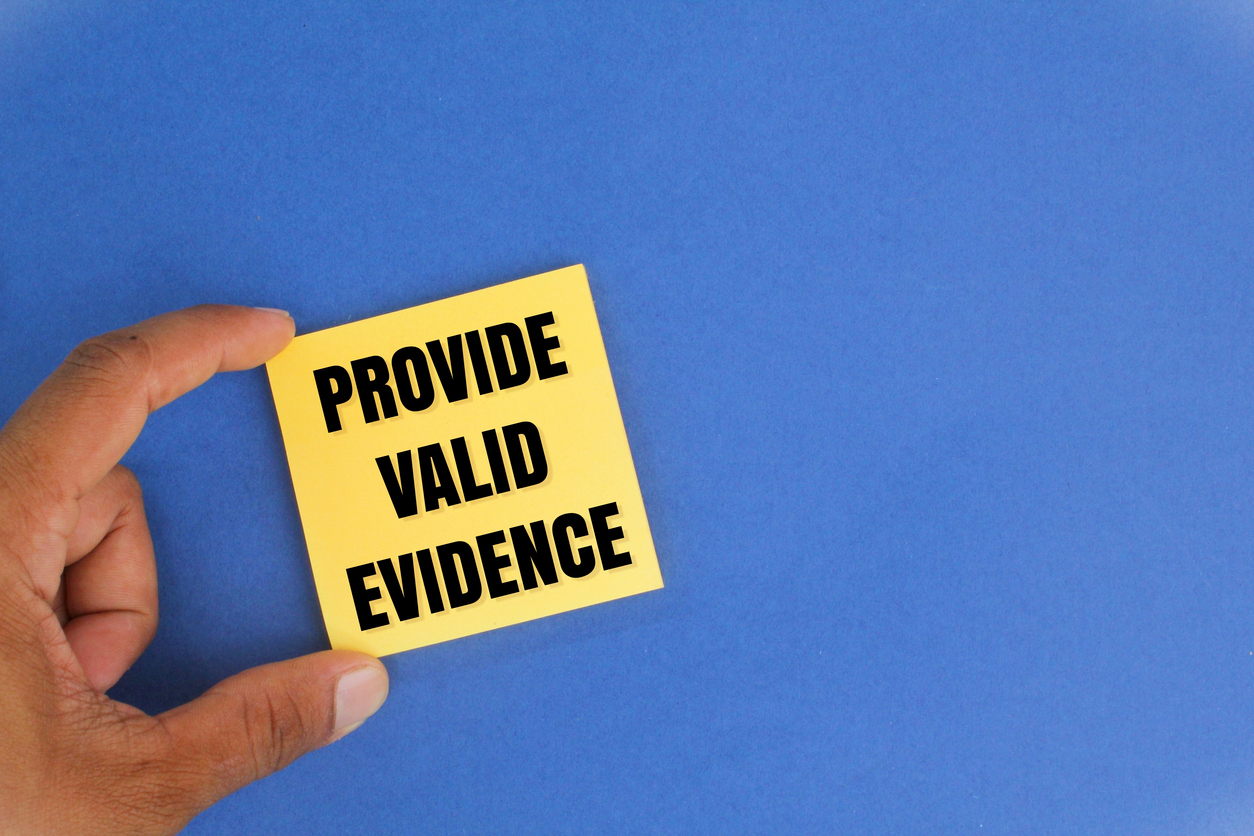Up next in the state-by-state claims handling tour is the Centennial State – Colorado. Colorado property owners have been devastated by massive hail storms over the last several years so it is very important that policyholders and their representatives are aware of the claim handling requirements of the state. Colorado’s claim handling is governed by Title 3 of the Code of Colorado Regulations. The regulations define their purpose as being “…to describe the procedure and circumstances under which penalties will be imposed for failure to make timely decisions and/or payment on first party claims.”1
A Colorado insurance carrier must decide to pay or deny a claim within 60 days of receipt of a valid and complete claim unless a reasonable dispute exists on the claim.2 A claim is considered valid and complete when:
(1) All information and documents necessary to prove the insured’s claim have been received by the insurer; (2) A reasonable investigation of the information submitted has been completed by the insurer, in compliance with §10-3-1104, C.R.S.; (3) The terms and conditions of the policy have been complied with by the insured; (4) Coverage under the policy for the insured has been established for the claim submitted; (5) There are no indicators on the claim requiring additional investigation before a decision can be made; and/or (6) All repairs have been satisfactorily completed and the insured has given authorization to pay; and/or
(7) Negotiations or appraisals to determine the value of the claim have been completed; and/or (8) Any litigation on the claim has been finally and fully adjudicated.3
Situations where “reasonable disputes” exist include but are not limited to those where:
(1) Information necessary to make a decision on the claim has not been submitted or obtained; (2) Conflicting information is submitted or obtained and additional investigation is necessary; (3) The insured is not in compliance with the terms and conditions of the policy; (4) Coverage under the policy for the loss claimed has not been determined; (5) Indicators are present in the application or submission of the claim and additional investigation is necessary; (6) Litigation is commenced on the claim; or (7) Negotiations or appraisals are in process to determine the value of a claim.4
Failure to pay claims in accordance with the above listed regulations can result in civil penalties ranging from $20.00 up to 8% annual interest on the amounts that should have been paid plus a $100.00 per day civil penalty for each day benefits are delayed beyond the 60 days allowed.
The regulations also set forth that determining whether the carrier engaged in a reasonable investigation will be decided based upon the terms and conditions of the policy along with the facts and circumstances of the loss.5 The regulations also provide examples of what a reasonable investigation will consist of and documentation that could support it.6
All things considered, the Colorado regulations do a pretty good job of setting forth the standards that insurance carriers will be held to and giving examples of how to comply with those standards. The standards are high and the penalties for violation can be serious resulting in good protections for Colorado insureds.
________________
1 3 Colo. Code Regs. § 702-5-1-14 Sec. 2.
2 3 Colo. Code Regs. § 702-5-1-14 Sec. 4(A).
3 3 Colo. Code Regs. § 702-5-1-14 Sec. 4(A)(2)(a).
4 3 Colo. Code Regs. § 702-5-1-14 Sec. 4(A)(2)(b).
5 3 Colo. Code Regs. § 702-5-1-14 Sec. 4(B).
6 3 Colo. Code Regs. § 702-5-1-14 Sec. 4(B)(1)&(2).



